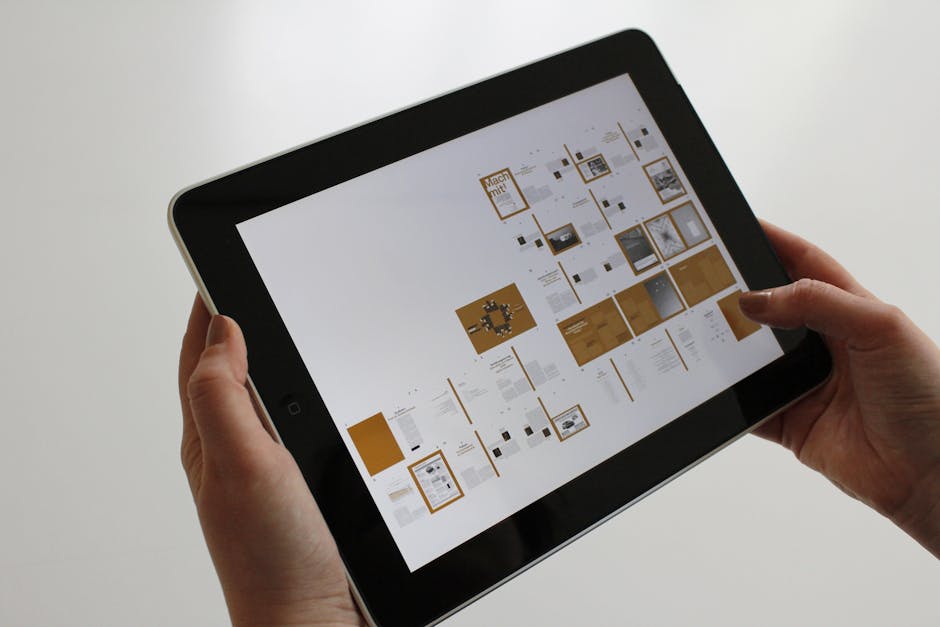Best Free Apps For Dementia Patients

As we navigate the journey of caring for loved ones with dementia, finding ways to support their cognitive function and overall well-being becomes paramount. Technology offers some incredible tools, and the good news is, many helpful apps are available completely free! This article explores some of the best free apps designed to help dementia patients and their caregivers, focusing on their features, benefits, and how they can make a positive impact.

Understanding the Benefits of Apps for Dementia Patients
Apps can provide a variety of benefits for individuals living with dementia. They can help with memory recall, cognitive stimulation, orientation, communication, and even provide moments of joy and engagement. Importantly, these apps can also reduce feelings of isolation and frustration by offering structured activities and familiar content.
Of course, not every app will be suitable for every person. It’s crucial to consider the individual’s specific needs, preferences, and cognitive abilities when selecting an app. Start slowly, introduce apps gradually, and always supervise their use, especially in the beginning.
Top Free Apps for Dementia Patients
Here are some of the best free apps currently available, categorized by their primary function:
Memory and Cognitive Stimulation
Lumosity: While Lumosity offers a premium subscription, the free version provides a selection of brain-training games designed to improve memory, attention, and processing speed. The games are adaptive, meaning they adjust to the user’s skill level, making them suitable for a range of cognitive abilities. The variety of games keeps things interesting and can help stimulate different areas of the brain.
Brain Trainer Special: This app includes a collection of simple but effective games that target different cognitive skills, such as memory, attention, and logic. The interface is clean and uncluttered, making it easy to navigate for individuals with cognitive impairment. The app also tracks progress, allowing caregivers to monitor performance over time.
Match Pictures – Memory Game: A classic memory game is always a great choice. This app allows you to upload personal pictures for a more meaningful experience. Seeing familiar faces and places can be especially comforting and engaging for dementia patients.
Orientation and Reminders
What Day Is It?: This app focuses on a very basic but crucial function for those with dementia: orientation. It clearly displays the current day of the week, date, and time in large, easy-to-read font. The simplicity of this app is its strength, providing essential information at a glance.
Medisafe Medication Management: Although focused on medication, Medisafe can also serve as a general reminder app. Caregivers can set reminders for appointments, meals, or other important events. The app also allows for medication tracking and adherence monitoring, which is vital for managing health.
Communication and Social Engagement
Skype/Zoom: These video calling apps allow dementia patients to connect with family and friends remotely. Visual contact can significantly reduce feelings of isolation and provide valuable social interaction. Caregivers can assist with setting up calls and ensuring a smooth connection.
Entertainment and Relaxation
YouTube: YouTube offers a vast library of content, including music, nature documentaries, old movies, and more. Caregivers can create playlists of familiar and comforting content tailored to the individual’s preferences. Listening to favorite music or watching familiar films can evoke positive memories and provide a sense of calm.
Relax Melodies: Sleep Sounds: This app offers a variety of calming sounds and music to promote relaxation and sleep. Dementia can sometimes disrupt sleep patterns, and this app can provide a soothing environment to help individuals fall asleep and stay asleep longer.
Important Considerations When Choosing Apps
Before downloading any app, keep these points in mind:
- Simplicity: Choose apps with a clean, intuitive interface that is easy to navigate. Avoid apps with too many features or complex menus.
- Accessibility: Ensure the app has large fonts, clear visuals, and simple instructions.
- Personalization: Look for apps that can be personalized with familiar photos, names, and preferences.
- Safety: Be aware of in-app purchases and advertising. Choose apps that are ad-free or have limited, non-intrusive advertising.
- Supervision: Always supervise the use of apps, especially when first introducing them. Provide guidance and assistance as needed.
Safety Tips for App Usage
Here are some additional safety tips to keep in mind:
- Privacy: Review the app’s privacy policy before downloading. Ensure the app does not collect or share personal information without consent.
- Parental Controls: Enable parental controls on the device to restrict access to inappropriate content and prevent accidental purchases.
- Internet Safety: Supervise internet access to protect against scams, misinformation, and potentially harmful content.
- Physical Safety: Ensure the device is used in a safe and comfortable environment. Avoid prolonged use that may lead to eye strain or fatigue.
Alternatives to Apps
While apps can be a valuable tool, they are not the only option. Traditional activities such as puzzles, board games, reminiscing with photo albums, and listening to music can also provide cognitive stimulation and emotional support. It’s important to find a balance between technology and traditional activities to meet the individual’s unique needs and preferences.
Frequently Asked Questions
Are these apps suitable for all stages of dementia?
The suitability of an app depends on the individual’s cognitive abilities and stage of dementia. Some apps may be more appropriate for early-stage dementia, while others may be better suited for later stages. It’s important to choose apps that are challenging but not overwhelming.
How do I introduce a new app to someone with dementia?
Introduce new apps gradually and in a calm, supportive environment. Start with a simple app and provide clear, step-by-step instructions. Be patient and offer encouragement. If the individual becomes frustrated or overwhelmed, stop and try again later.
What if the person doesn’t like using apps?
Not everyone enjoys using technology. If the person with dementia is resistant to using apps, don’t force it. There are many other ways to provide cognitive stimulation and emotional support, such as traditional activities and social interaction.
How do I manage in-app purchases?
Many free apps offer in-app purchases. To prevent accidental purchases, disable in-app purchases in the device’s settings or choose apps that do not offer them.
In conclusion, free apps can be valuable tools for supporting individuals with dementia and their caregivers. By carefully selecting apps that meet the individual’s specific needs and preferences, and by providing guidance and supervision, you can enhance cognitive function, promote emotional well-being, and improve overall quality of life. Remember to prioritize simplicity, accessibility, and safety, and always be patient and understanding. Exploring the world of digital assistance can open up new possibilities for connection, stimulation, and enjoyment for your loved one.



